Serial Killers Kill at the Box Office
Patrick Bates, protagonist of the classic “American Psycho,” is just one of many psychopathic characters audiences love. (Courtesy of Flickr)
February 13, 2019
By Edward Sheehan
A few days ago, the first trailer for “Extremely Wicked, Shockingly Evil, and Vile,” a biopic of infamous serial killer Ted Bundy starring Zac Efron, received outcry from many corners of the internet. Some individuals found the trailer to be in bad taste, arguing that it seemed to romanticize Bundy, showing him as a charming, charismatic man rather than a cold-blooded monster that killed at least 28 young women. I, however, am not sure this is an appropriate response to the trailer.
First, remember that no one has seen the movie yet. Trailers are, after all, an advertisement designed to draw in viewers and often mischaracterize the content of the movie itself. Joe Berlinger, director of the film, and several leading actors all have stated outright that the film itself does not glorify Bundy.
Granted, few filmmakers would admit to such a thing, but at this point, they themselves would know better than everyone online offering hot takes about it. But, of course, the real controversy seems to be the cast.
A lot of the anger seems to have arisen from the fact that Bundy is played by “High School Musical” heartthrob, Zac Efron. To many viewers, the choice of a good-looking actor like Efron to play Bundy tipped the trailer over the edge into, for lack of a better term, making a serial killer hot. But Bundy was a reasonably good-looking, charismatic guy.
Bundy was known as better looking and more charismatic than other serial killers in public memory. Jeffrey Dahmer, Ed Gein and John Wayne Gacy, to name a few, were generally low-functioning people with long records of substance abuse, petty crime and inconsistent employment.
The fact is the handsome and charismatic can get away with a lot. It is doubtful that Bundy would have been able to lure in nearly as many victims had he been a glassy-eyed, backwoods moron like Ed Gein.
Now, perhaps he was not “teen idol” attractive, but this is Hollywood. People, historical figures very much included, tend to be portrayed as more attractive than they actually are. To name a couple of recent examples, the young Ruth Bader Ginsburg didn’t look like Felicity Jones, and Robert the Bruce was a shorter, older, bigger-nosed man than Chris Pine.
Our popular culture has been doing that for a long time now. In the ‘80s, the tabloid press thrived off of the general discovery of serial killers (before then, serial murder was an under-researched, poorly investigated phenomenon).
This culture has been consuming true crime fiction voraciously. We’ve had handsome serial killers grace our screens before, from Christian Bale’s Patrick Bateman to Michael C. Hall’s Dexter Morgan. Society has been saturated in true crime for decades. The idea that this is suddenly a bad thing is over the top.
It seems that the fervor was the product of a slow news week in the film media world, the lull of early February, with the Oscars weeks away and studios dumping their worst movies where nobody will notice them. After all, controversy gets clicks, and clicks are the one thing standing between a lot of journalists and the same fate of the hundreds of Buzzfeed and Huffington Post journalists laid off just a few days before.
Now, this is not a defense of “Extremely Wicked” itself. I haven’t seen it, and there’s a very real chance that it’s a bad movie (it does have an exquisite title, though).
And if it does glorify Bundy, or underplay how extremely wicked, shockingly evil and vile he was, then I’ll be the first to criticize it.
But for now, I will not play into this silly controversy. We can judge the film on its own merits when it comes out.
Edward Sheehan, FCRH ’22, is a history major from Needham, Massachusetts.

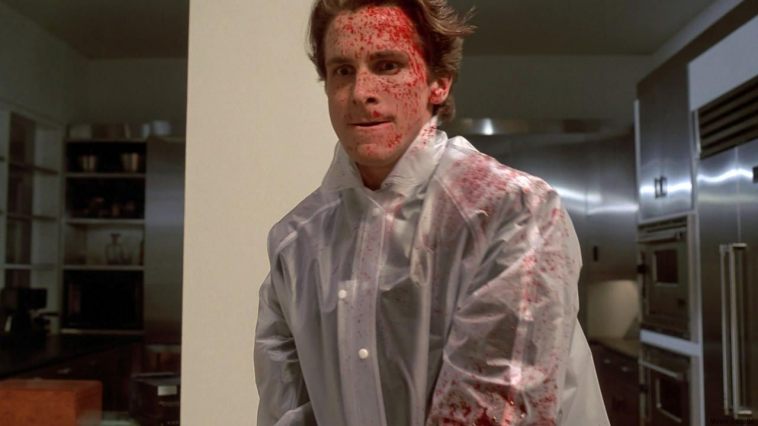



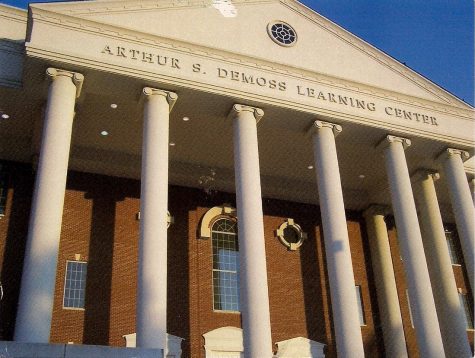

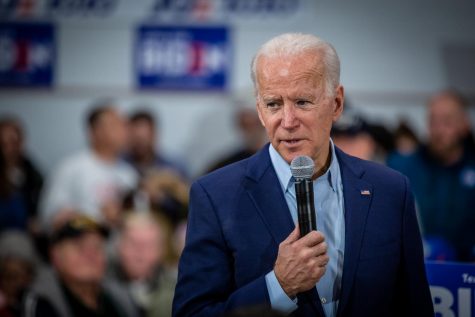


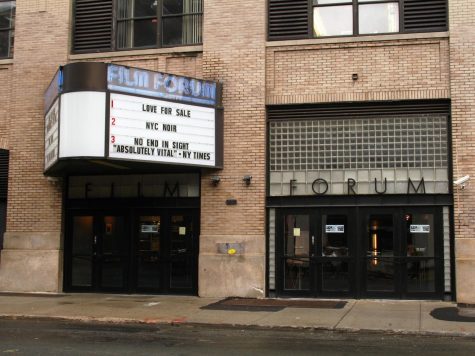
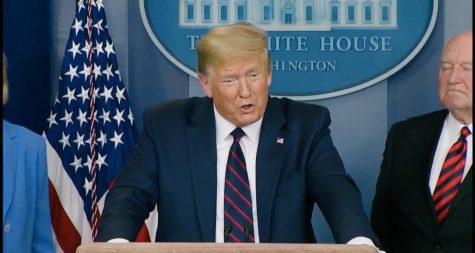
If you want a picture to show with your comment, go get a gravatar.